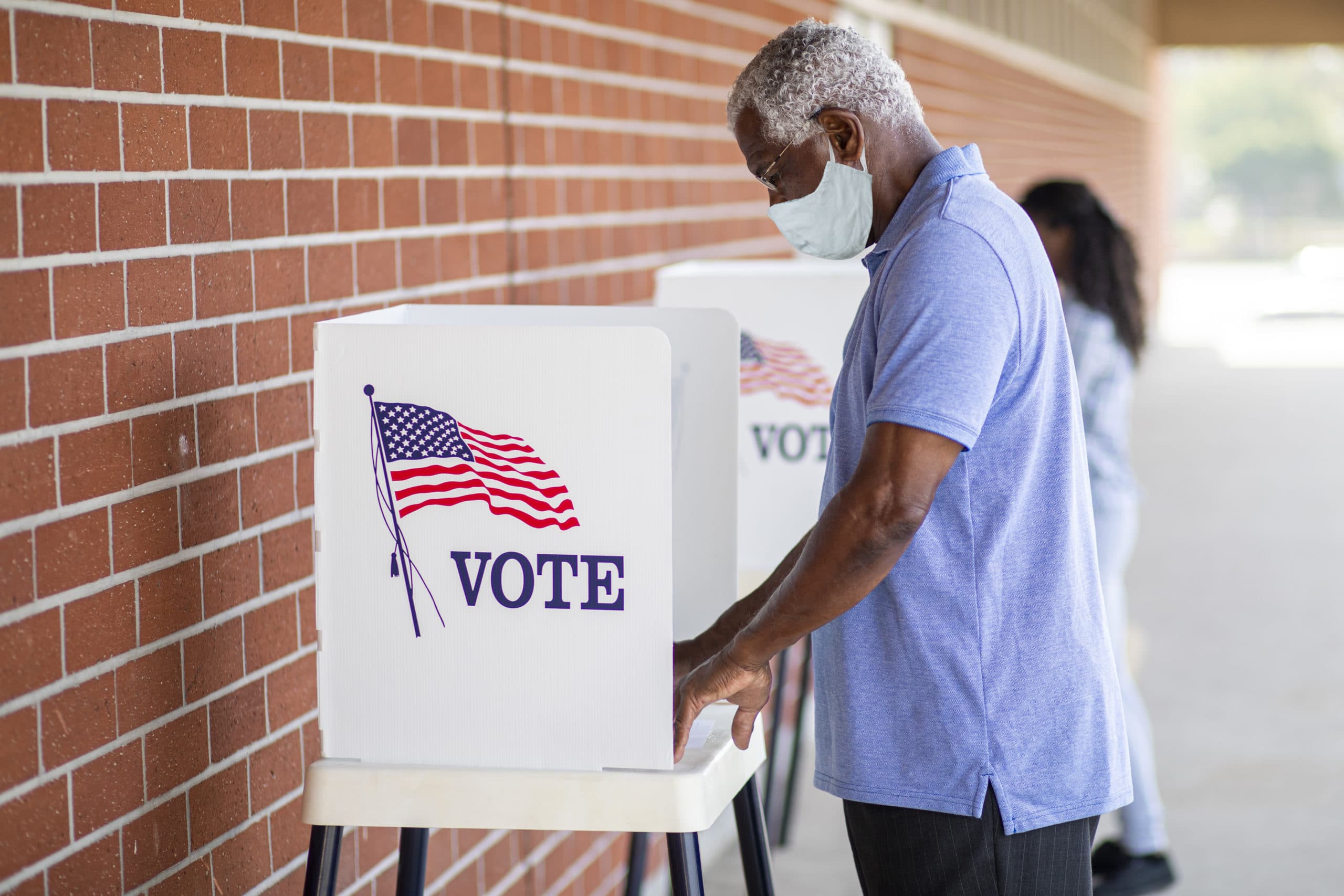Home » Health Education » Cardiovascular Wellness » Elections and Pandemics Are Bad For Your Heart

Elections and Pandemics Are Bad For Your Heart
Stress can cause cardiovascular disease — in a lot of ways
Short bouts of stress can cause an increase in your heart rate, but prolonged stress can cause it to be permanent. Elevated heart rates cause an increase in blood pressure. Increased heart rates and blood pressure have been directly linked to a rise in risk for cardiovascular disease.
Stress not only has a direct effect on your body, but it also has indirect effects as well. When people are stressed, they have a tendency to eat poorly. This is usually either for comfort or convenience, but either way, a spike in fast and fried food isn’t good for the heart. Stressed individuals are also more likely to have trouble getting a full night’s sleep. Even though doctors aren’t entirely sure why, sleeplessness has been directly linked to heart health and cardiovascular disease as well.
Finally, there are other bad habits that people tend to pick up when they’re stressed. Vices like smoking and excessive drinking are much more common in people who are under high levels of chronic stress.
Pandemic stress is real
The pandemic has introduced a huge number of stressors into our lives. Obviously, the fear of yourself or loved ones falling ill is significant. Especially if you or they fall into an immunocompromised category that is at additional risk. But there is a lot more to pandemic stress than just concern for one’s physical health.
The isolation that comes from quarantine is affecting people’s mental health as well. 1 in 7 adults in the U.S. reported feeling lonely in April of 2020, which is a 25% increase over 2019.
Then there are the financial stressors. Virtually everyone had their job affected in some way during the pandemic. Many people lost their jobs, others were furloughed, and essential workers had to keep showing up, putting their own health and safety on the line. The most fortunate among us were able to begin working from home, but even that came with the stress of adjusting to a whole new routine and managing both work and family at the same time.
Stress and election years
American politics have always been heated. However, this election has been much more combative than most. Watching a debate or just turning on the news can induce a significant amount of stress-related anger. And it turns out that anger could be a direct trigger for a heart attack. The AHA-owned journal Circulation found that for many people who suffered their first heart attack, they were suffering from elevated stress levels up to 30 minutes before.
The correlation between election and stress was brought to the public by Steven Stosny, PhD. He noted that prior to the 2016 election, people only engaged with politics when they turned on the evening news or deliberately watched a debate. But now everyone has a smartphone in their pocket and social media is constantly bombarded with political messages, with Facebook and Twitter being the two biggest culprits.
Election stress is even harder to deal with because it’s hard to find an outlet for it. Not only is political discussion everywhere, but it can bring even more stress into your life if you try and talk about it with friends and family. Those who agree with you politically are likely to be stressed about the same things as you. And if someone disagrees with you, the combative nature of today’s politics could make the situation even worse.
What can you do?
The first step in fighting stress is acknowledging it. Americans especially tend to bury their stress and not address it, which just makes it worse. You have to identify the stressors in your life before you can do anything about them.
For pandemic stress, it is important to stay connected with others. While this may be more difficult depending on where you live, technology offers some great ways to keep in touch with friends and family. Video chat like FaceTime is great for mental health, as physically seeing people you care about has a .
If the election is causing you stress, you have to make a conscious effort to limit your exposure to political arguments. This is easier said than done (especially if you are passionate about your political beliefs), but your long-term health has to be a priority. Use apps like Screen Time to minimize the amount of time you spend on social media and news sites that may be adversely affecting your mental health. If someone on your social media feed is particularly vocal, you can always mute them until the election is over.
Worried about your heart health?
Life Line Screening offers quick, noninvasive cardiovascular ultrasound screenings to assess your risk for cardiovascular disease, stroke, heart attack and more. With thousands of locations around the country, there is most likely a Life Line Screening near you. Click below to find the nearest one.
References
“Stress and its effect on blood pressure.” Geisinger, 05/12/20
“How sleep deprivation affects your heart.” SleepFoundation.org
“Video Calls are Better for your Mental Health than Audio Calls.” Andrew Stuart, Medium, 04/20/20